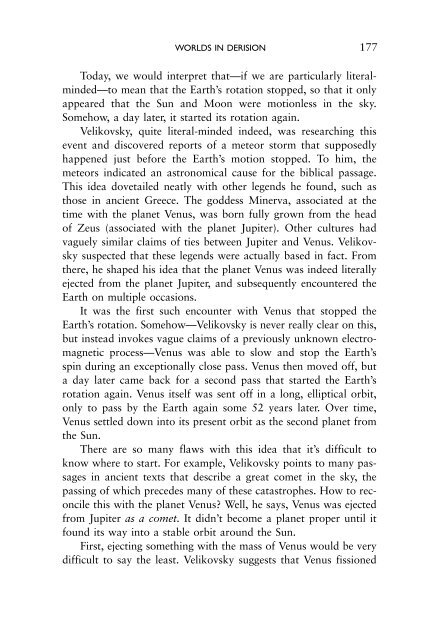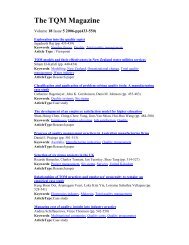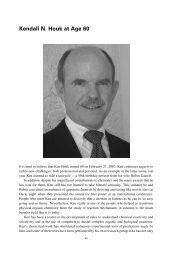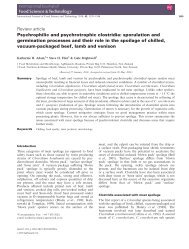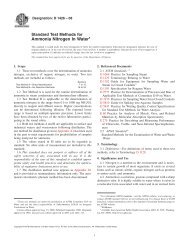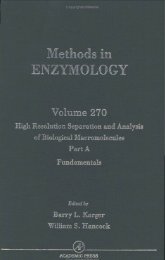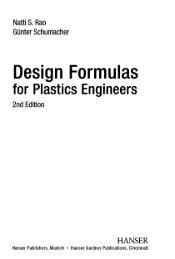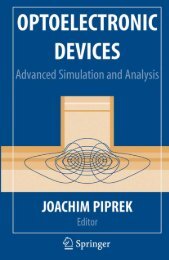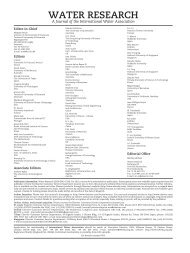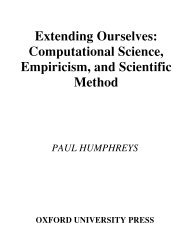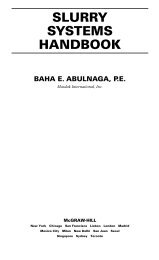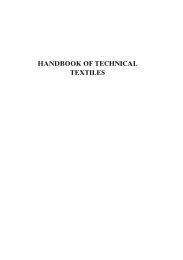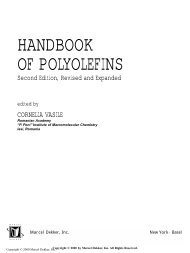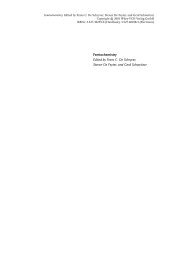Bad Astronomy: Misconceptions and Misuses Revealed, from ...
Bad Astronomy: Misconceptions and Misuses Revealed, from ...
Bad Astronomy: Misconceptions and Misuses Revealed, from ...
Create successful ePaper yourself
Turn your PDF publications into a flip-book with our unique Google optimized e-Paper software.
WORLDS IN DERISION 177<br />
Today, we would interpret that—if we are particularly literalminded—to<br />
mean that the Earth’s rotation stopped, so that it only<br />
appeared that the Sun <strong>and</strong> Moon were motionless in the sky.<br />
Somehow, a day later, it started its rotation again.<br />
Velikovsky, quite literal-minded indeed, was researching this<br />
event <strong>and</strong> discovered reports of a meteor storm that supposedly<br />
happened just before the Earth’s motion stopped. To him, the<br />
meteors indicated an astronomical cause for the biblical passage.<br />
This idea dovetailed neatly with other legends he found, such as<br />
those in ancient Greece. The goddess Minerva, associated at the<br />
time with the planet Venus, was born fully grown <strong>from</strong> the head<br />
of Zeus (associated with the planet Jupiter). Other cultures had<br />
vaguely similar claims of ties between Jupiter <strong>and</strong> Venus. Velikovsky<br />
suspected that these legends were actually based in fact. From<br />
there, he shaped his idea that the planet Venus was indeed literally<br />
ejected <strong>from</strong> the planet Jupiter, <strong>and</strong> subsequently encountered the<br />
Earth on multiple occasions.<br />
It was the first such encounter with Venus that stopped the<br />
Earth’s rotation. Somehow—Velikovsky is never really clear on this,<br />
but instead invokes vague claims of a previously unknown electromagnetic<br />
process—Venus was able to slow <strong>and</strong> stop the Earth’s<br />
spin during an exceptionally close pass. Venus then moved off, but<br />
a day later came back for a second pass that started the Earth’s<br />
rotation again. Venus itself was sent off in a long, elliptical orbit,<br />
only to pass by the Earth again some 52 years later. Over time,<br />
Venus settled down into its present orbit as the second planet <strong>from</strong><br />
the Sun.<br />
There are so many flaws with this idea that it’s difficult to<br />
know where to start. For example, Velikovsky points to many passages<br />
in ancient texts that describe a great comet in the sky, the<br />
passing of which precedes many of these catastrophes. How to reconcile<br />
this with the planet Venus? Well, he says, Venus was ejected<br />
<strong>from</strong> Jupiter as a comet. It didn’t become a planet proper until it<br />
found its way into a stable orbit around the Sun.<br />
First, ejecting something with the mass of Venus would be very<br />
difficult to say the least. Velikovsky suggests that Venus fissioned


